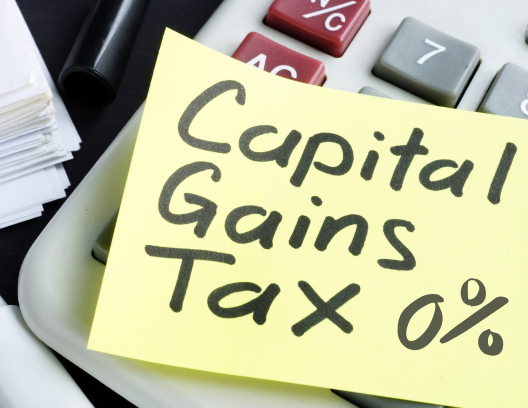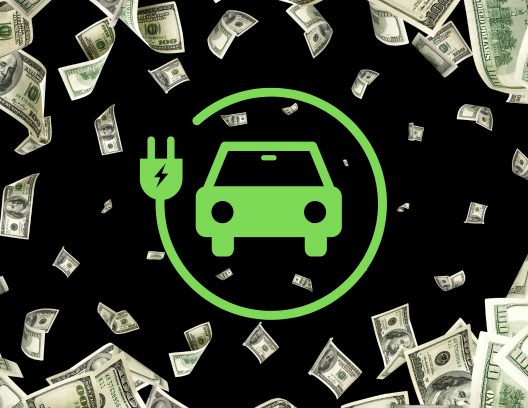The zero percent tax bracket for capital gains is a significant benefit for many taxpayers, allowing them to potentially pay no taxes on certain capital gains. This article will explain how the zero percent tax bracket applies to capital gains for the 2024 tax filing season, based on the information provided by the IRS.
Understanding Capital Gains
Capital gains are the profits realized from the sale of assets such as stocks, bonds, or real estate. These gains are classified into two categories:
- Short-term capital gains: Gains from assets held for one year or less. These are taxed at ordinary income tax rates.
- Long-term capital gains: Gains from assets held for more than one year. These are taxed at reduced rates.
Tax Rates on Long-Term Capital Gains
For the 2024 tax filing season, long-term capital gains are taxed at different rates depending on the taxpayer’s income level. The rates are 0%, 15%, and 20%. The zero percent tax bracket is particularly advantageous for taxpayers with lower income levels.
Income Thresholds for the Zero Percent Tax Bracket
The zero percent tax rate on long-term capital gains applies to taxpayers whose taxable income falls below a certain threshold. For the 2024 tax year, the thresholds are as follows:
- Single filers: Up to $44,625
- Married filing jointly: Up to $89,250
- Head of household: Up to $59,750
If a taxpayer’s total taxable income, including long-term capital gains, is below these thresholds, they will not owe any federal tax on their long-term capital gains.
EXAMPLE SCENARIO
Consider a single filer with a taxable income of $40,000 in 2024. If this individual has $4,000 in long-term capital gains, their total taxable income would be $44,000. Since this amount is below the $44,625 threshold for single filers, the entire $4,000 in long-term capital gains would be taxed at a zero percent rate.
Planning for the Zero Percent Tax Bracket
Taxpayers can strategically manage their investments and income to take advantage of the zero percent tax bracket. Here are a few tips:
- Harvesting Gains: Taxpayers can sell assets that have appreciated in value to realize gains that fall within the zero percent bracket.
- Income Management: By controlling other sources of income, taxpayers can ensure their total taxable income remains within the zero percent threshold.
- Tax-Deferred Accounts: Utilizing tax-deferred accounts such as IRAs and 401(k)s can help manage taxable income levels.
The zero percent tax bracket for long-term capital gains provides a valuable opportunity for taxpayers to minimize their tax liability. By understanding the income thresholds and planning accordingly, taxpayers can take full advantage of this benefit during the 2024 tax filing season. For more detailed information, taxpayers should refer to the IRS guidelines on capital gains and losses available on the IRS website.
Additional Resource: IRS Topic no. 409, Capital gains and losses
HAVE QUESTIONS?
If you need assistance or have any questions on the information in this article, please call your CironeFriedberg professional. You can reach us by phone at (203) 798-2721 (Bethel), (203) 366-5876 (Shelton), or (203) 359-1100 (Darien) or email us at info@cironefriedberg.com.










